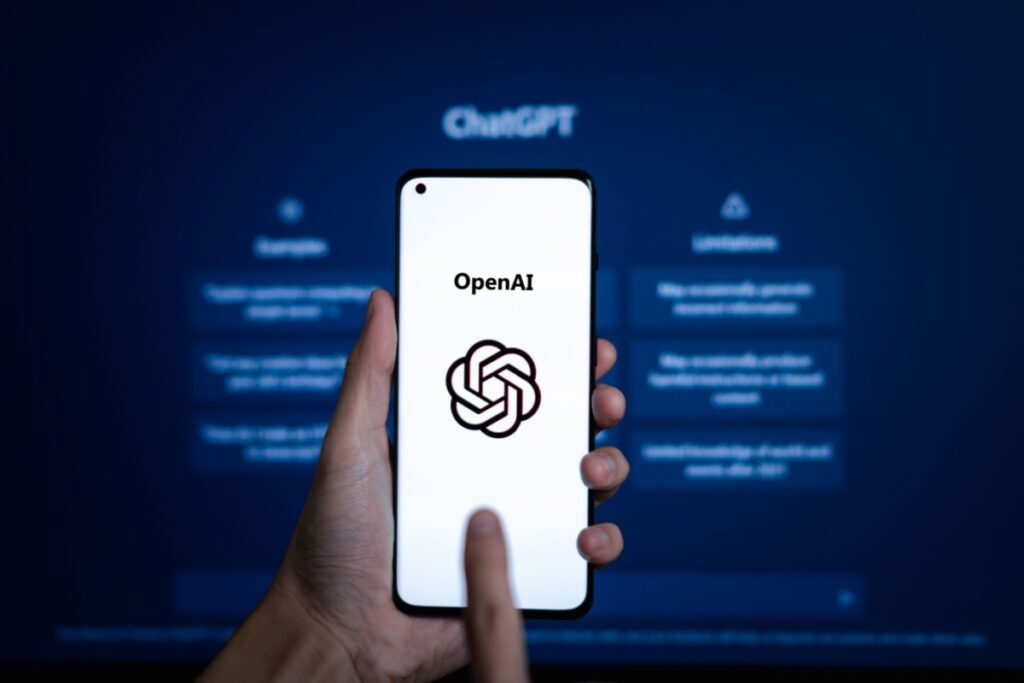OpenAI has announced new collaborations with Samsung Electronics and SK Hynix in South Korea to support its ambitious chip development endeavor, known as Stargate. The move marks a significant expansion in OpenAI’s supply chain strategy by directly engaging major memory and semiconductor producers. Samsung and SK Hynix are set to supply next-generation memory and advanced chip components essential to the project.
Partnership with Samsung and SK Hynix
The Stargate initiative aims to bring in-house design of high-performance processors capable of powering large language models. OpenAI plans to integrate custom-designed chip architectures with advanced memory subsystems, a combination thought to improve efficiency and performance. This marks a pivot away from sole reliance on external cloud providers and off-the-shelf hardware.
Executives from each company expressed mutual interest in co-developing these systems. While OpenAI has downplayed immediate expectations for mass production, the alliance underscores its intent to deepen control over infrastructure across software and hardware layers.
Technical Goals and Challenges
At its core, Stargate seeks to embed logicing, embedding, and memory functions into a unified chip platform, reducing latency and energy consumption. OpenAI anticipates integrating 8 to 12 terabytes of high-bandwidth memory in the production system. The chip is projected to utilize state-of-the-art packaging and chiplet architecture, enabling modular expansion.
However, the technical hurdles are considerable. Achieving large memory capacity on die, managing heat dissipation, ensuring yield, and securing supply of extreme ultraviolet (EUV) lithography tools all pose serious risks. Furthermore, integrating the memory and compute units tightly necessitates advanced co-design between hardware and software teams—a coordination challenge for any organization.
OpenAI intends to deploy initial prototypes internally, likely later in 2026, before considering external licensing or commercialization. For now, the focus remains on reducing dependence on GPU-based systems and cloud vendors, thereby improving cost structures and operational autonomy.
Market Implications and Strategic Context
This cooperation takes place amid a global push toward technological sovereignty. Nations and firms are increasingly wary of reliance on foreign chip ecosystems. South Korea, already a leader in memory, gains a foothold in AI compute beyond its traditional strengths. The collaboration could also spur competition with U.S. chip-design firms and prompt further consolidation or partnerships in the AI hardware domain.
From OpenAI’s perspective, vertical integration offers potential strategic advantages. By owning more of the stack, it can optimize systems end to end, capture margin on hardware, and secure a unique competitive edge. For Samsung and SK Hynix, alignment with OpenAI opens doors to AI-centric system demand and long-term contracts.
That said, none of the parties have committed to full-scale production or external sales channels as yet. The relationship currently rests on R&D and prototype development under closed terms. Industry watchers will closely monitor whether this model proves viable against incumbents like NVIDIA, AMD, and Taiwan Semiconductor Manufacturing Company (TSMC).
Broader Impact on AI Ecosystem
If successful, Stargate could reconfigure the economics of large-scale model deployment. By reducing reliance on expensive GPUs and standard cloud infrastructure, OpenAI and its partners may offer a cost structure unachievable today. This could accelerate adoption of more advanced AI services across industries.
Moreover, the project may catalyze similar moves by other AI firms seeking tighter synergy with hardware providers. It might also spark new entrants in AI silicon designed specifically to support transformer architectures. South Korea’s chipmakers could expand influence beyond memory into computers, altering the regional and global balance of chip power.
The collaboration arrives amidst intensified global competition in AI hardware, with governments and companies seeking secure, sovereign, and efficient compute platforms. The outcome of Stargate will likely influence future investment in AI chip ecosystems and the strategic direction of both hardware and software developers.


